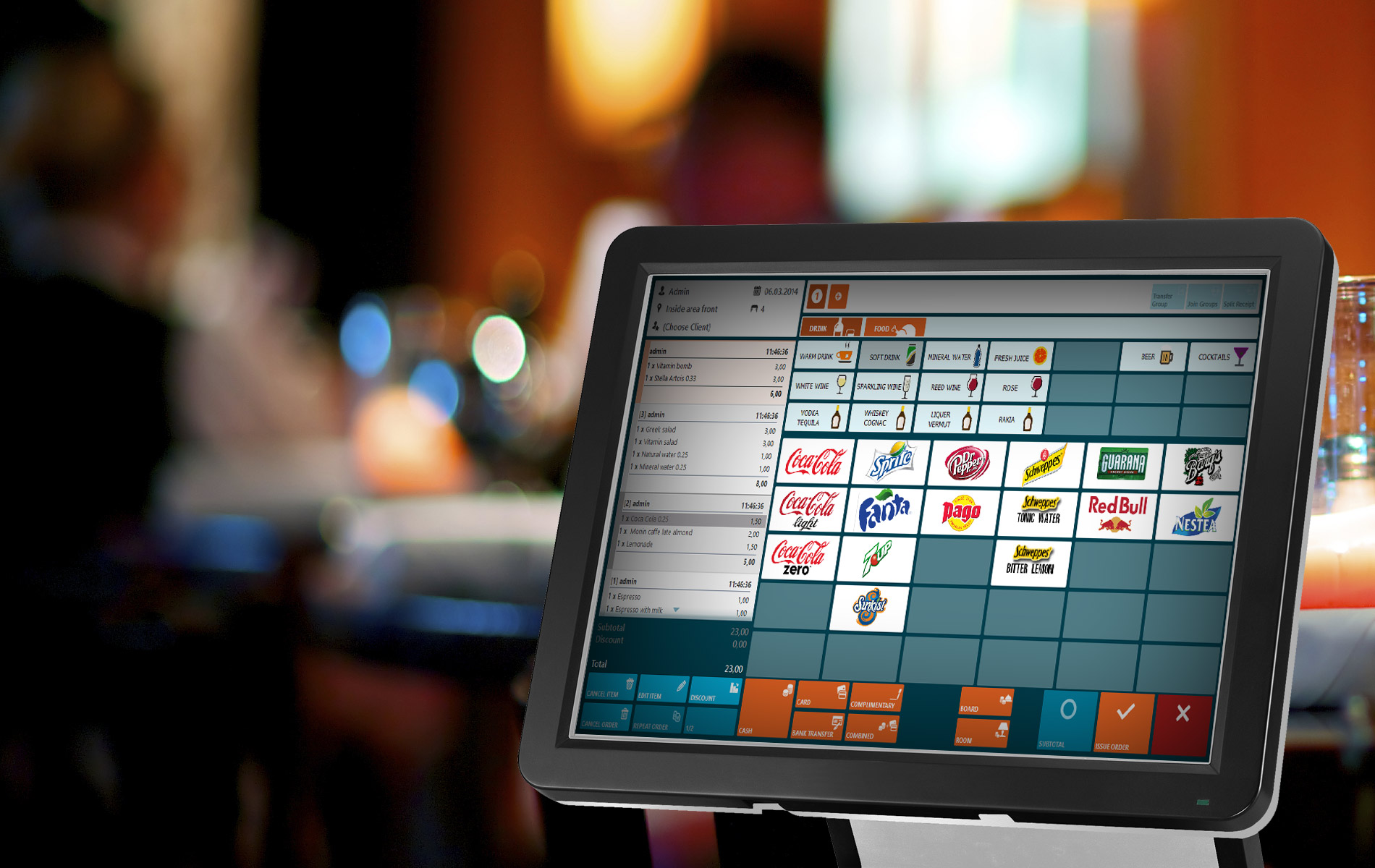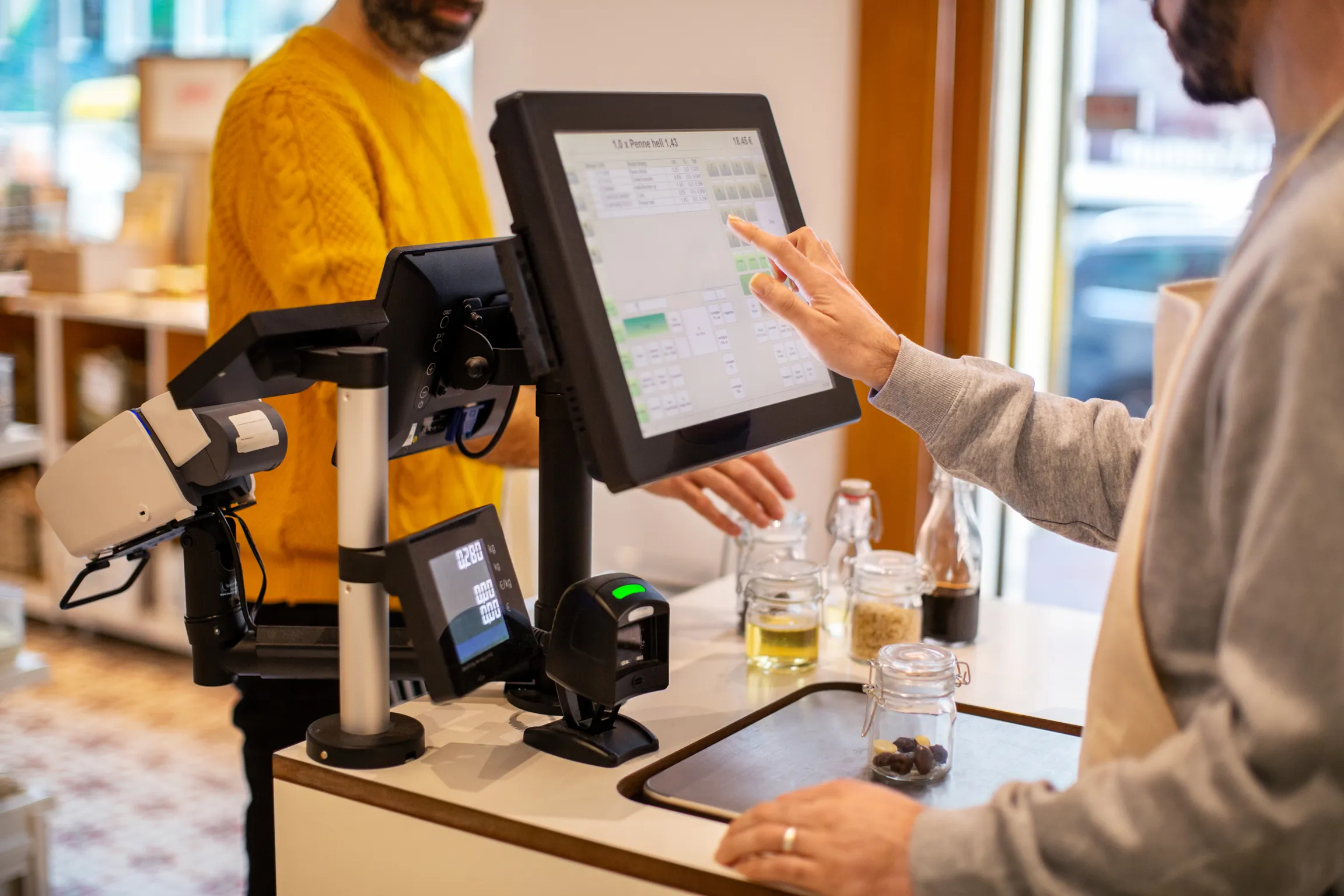Have you ever wondered about those three little letters, "POS," that pop up so often in the world of shopping and business? It's a common abbreviation, you know, that can sometimes stand for a whole bunch of different things. But, in the context of buying and selling, it usually points to something quite specific, a place or a system that helps everything run smoothly when you are making a purchase.
So, when people talk about "POS" in a shop or when discussing how businesses handle money, they are, more often than not, talking about what's known as the "point of sale." This is, in a way, the exact spot or moment where you, as a customer, actually pay for the items or services you want to take home. It's that little bit of interaction where money changes hands, or cards get swiped, and you get your stuff.
This term, "point of sale," pretty much refers to the location, whether it's a physical counter in a store or even a virtual spot online, where a customer completes their payment. It's really where the transaction, that is, the exchange of goods for money, finally happens. You might be surprised, too, just how much goes on behind the scenes at this particular moment.
- The Factory In Deep Ellum
- Fogo De Chao Atlanta
- Manchester United Fc Vs Athletic Bilbao Lineups
- Guaranteed Rate Inc
- Citizenm New York Times Square Hotel New York Ny
Table of Contents
- What is the main pos meaning?
- How does a pos system work for your business?
- What does pos stand for in different ways?
- Is the evolution of pos meaning important?
- Where do you find the pos meaning in daily life?
- What makes a pos system so useful?
- What exactly is a pos device?
- Understanding the core pos meaning for transactions.
What is the main pos meaning?
So, when we talk about the most common "pos meaning," we are almost always referring to "point of sale." This is, basically, the exact place where a sale happens, where something is given to the public in exchange for money. Think of it like the checkout counter at your local grocery store, or even that little screen you tap on your phone when you buy something from an online shop. It’s the spot where the buying and selling actually comes together, you know, at the very end of your shopping trip.
It's the location where a customer makes a payment for things they want to own or services they need. This could be a physical place, like a shop counter, or it could be a virtual space, like a website's checkout page. In some respects, it’s the moment when the customer officially buys something, and the business officially sells it. This term is, very, very widely used in the context of retail and how money changes hands.
How does a pos system work for your business?
When you hear "pos meaning" in relation to a business, it often refers to a "point of sale system." This kind of system is an electronic setup that helps businesses process payments and keep track of things. It’s a combination of physical tools, like a card reader, and computer programs, which work together to handle all the sales stuff. This system is, quite literally, what helps a business take your money and record that you bought something.
- Edward Scissorhands Cast
- Regal Edwards San Marcos
- Daniel Boone Regional Library
- Uber Eats Promo Code
- Mayhem Album Cover
A point of sale system, or POS, is any electronic arrangement a business uses to process payments. It also helps them manage their sales. It’s like the central brain for all the money coming in and going out for customer purchases. This system, you see, drives the entire process of checking out. It makes sure that when you buy something, the payment goes through correctly, and the business knows what was sold. It's pretty much essential for any business that sells things.
What does pos stand for in different ways?
It's interesting, really, how "POS" can be a common abbreviation that stands for various terms, not just "point of sale." While "point of sale" is definitely the most recognized "pos meaning" in a business setting, those three letters can also mean other things depending on where you see them. For example, sometimes "POS" can stand for "positive" in certain contexts, or other specialized terms that have nothing to do with buying things. It’s just one of those abbreviations that has a few different uses.
If you are ever looking for the online definition of "pos" or wondering what "pos" stands for, you might find it listed in a big dictionary of abbreviations and acronyms. This just goes to show that while "point of sale" is its main job in commerce, it has other jobs too. So, it's always good to consider the situation you are in to figure out which "pos meaning" is being talked about. Usually, though, if you're talking about shops or payments, it’s the sales one.
Is the evolution of pos meaning important?
The way "pos meaning" has changed over time is actually quite telling. It shows how technology and business needs have adapted. You see, "POS" once referred only to the physical spot—typically, a counter with a cash register. That was it, just the place where you handed over your money. But things have changed quite a bit since then, haven't they?
This evolution truly shows how point of sale technology adjusts to what businesses need. What started as just a simple cash register at a counter has grown into something much more complex and helpful. It now includes all sorts of hardware and software that process and track transactions for businesses. So, the "pos meaning" has expanded from just a location to a whole system that manages a lot of a business's operations.
Where do you find the pos meaning in daily life?
You find the "pos meaning" of "point of sale" pretty much everywhere you spend money, whether you realize it or not. Every time you go to a shop, a restaurant, or even buy something online, you are interacting with a point of sale system. It's the moment you choose to pay for your coffee, your new shoes, or that book you ordered from the internet. That, right there, is the point of sale in action.
It’s the location where a customer makes a payment for something. So, if you think about the term literally, it means the spot where the sale happens. This could be a physical counter where you swipe your card, or it could be a virtual space on a website where you enter your payment details. It’s, in a way, the final step in your buying experience, where the goods become yours.
What makes a pos system so useful?
A "pos system," which carries the core "pos meaning" of a sales processing tool, is incredibly useful for various industries and business needs. It's not just about taking money; it's about making the whole process of selling and tracking sales much easier and more efficient. For instance, it logs orders, so businesses know exactly what was sold and when. This helps them keep their inventory in order, too.
These systems are hardware and software that process and track transactions for businesses. They help manage payments, keep records of what's been sold, and even help with managing stock. This means a business can learn how much of a certain item they have left, or what products are selling the most. It's like having a very organized assistant for all your sales information, making the whole operation run smoother.
What exactly is a pos device?
When we talk about a "pos device," we are referring to the actual piece of equipment that helps with the point of sale process. It's, basically, a device that logs orders and processes sales. Think of the machine that scans your items at the supermarket, or the little gadget a waiter uses to take your order and payment at your table. These are all examples of what a "pos device" might look like.
A "POS," or point of sale, is a device that allows merchants, or business owners, to process payments and keep a record of transactions. It's the tool they use to make sure your payment goes through and that they have a proper record of what was sold. This could be a simple cash register, or it could be a more advanced tablet that connects to a whole system. It's really the physical part of the point of sale experience.
Understanding the core pos meaning for transactions.
At its core, the "pos meaning" for transactions is all about that moment in which a customer pays for goods or services. It's the exchange of value, where you get what you want, and the business gets its payment. This happens either physically, like at a shop counter, or virtually, like on a website. It's the point where the ownership of an item or the delivery of a service is finalized.
A "point of sale" is the system you use to scan or log the items a customer is buying, process their cash or card payment, and then give them a receipt. It's the complete package that handles the checkout. This includes everything from figuring out the price of items to taking the money and providing proof of purchase. It's, in a way, the heart of how businesses handle their daily sales activities.
Related Resources:



Detail Author:
- Name : Jose Brakus
- Username : russell.kozey
- Email : green.jacynthe@okeefe.info
- Birthdate : 1988-02-02
- Address : 3887 Stanford Junction Suite 869 New Maxineland, NV 96439
- Phone : +1.225.799.2857
- Company : Jones, Graham and Nikolaus
- Job : Secretary
- Bio : Similique dolorem et ipsum occaecati delectus maiores et. Dolore dolores qui quae asperiores. Veniam earum aut impedit qui eos.
Socials
facebook:
- url : https://facebook.com/molly2952
- username : molly2952
- bio : Officiis eum porro minus. Qui quis aspernatur eligendi cumque minus expedita.
- followers : 6028
- following : 400
twitter:
- url : https://twitter.com/mmayer
- username : mmayer
- bio : Sit sed magni eius qui. Porro omnis sint ipsum occaecati aut. Qui non quia quas itaque voluptatibus.
- followers : 4603
- following : 2743
linkedin:
- url : https://linkedin.com/in/mayer1983
- username : mayer1983
- bio : Iste iste vitae dolorem fuga.
- followers : 1458
- following : 403
instagram:
- url : https://instagram.com/molly_mayer
- username : molly_mayer
- bio : Vero ducimus a fugit dolorem assumenda. Architecto consequatur distinctio culpa labore.
- followers : 3264
- following : 763